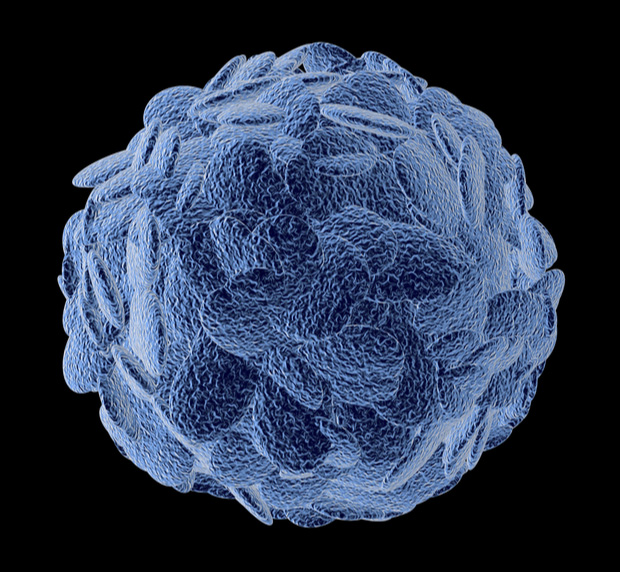Donor bone-marrow CXCR4+ Foxp3+ T-regulatory cells are essential for costimulation blockade-induced long-term survival of murine limb transplants
Authors: Liqing Wang, Zhonglin Wang, Rongxiang Han, Arabinda Samanta, Guanghui Ge, L. Scott Levin, Matthew H. Levine & Wayne W. Hancock
Abstract Vascularized composite allotransplantation (VCA) allows tissue replacement after devastating loss but is currently limited in application and may be more widely performed if maintenance immunosuppression was not essential for graft acceptance. We tested whether peri-transplant costimulation blockade could prolong VCA survival and required donor bone-marrow cells, given that bone-marrow might promote graft immunogenicity or graft-versus-host disease. Peritransplant CD154 mAb/rapamycin (RPM) induced long-term orthotopic hindlimb VCA survival (BALB/c->C57BL/6), as did CTLA4Ig/RPM. Surprisingly, success of either protocol required a bone-marrow-associated, radiation-sensitive cell population, since long-bone removal or pre-transplant donor irradiation prevented long-term engraftment. Rejection also occurred if Rag1−/− donors were used, or if donors were treated with a CXCR4 inhibitor to mobilize donor BM cells pre-transplant. Donor bone-marrow contained a large population of Foxp3+ T-regulatory (Treg) cells, and donor Foxp3+ Treg depletion, by diphtheria toxin administration to DEREG donor mice whose Foxp3+ Treg cells expressed diphtheria toxin receptor, restored rejection with either protocol. Rejection also occurred if CXCR4 was deleted from donor Tregs pre-transplant. Hence, long-term VCA survival is possible across a full MHC disparity using peritransplant costimulation blockade-based approaches, but unexpectedly, the efficacy of costimulation blockade requires the presence of a radiation-sensitive, CXCR4+ Foxp3+ Treg population resident within donor BM.Reference: Wang, L., Wang, Z., Han, R. et al. Donor bone-marrow CXCR4+ Foxp3+ T-regulatory cells are essential for costimulation blockade-induced long-term survival of murine limb transplants. Sci Rep 10, 9292 (2020). Retrieved from https://www.nature.com
Product Highlights:
The authors used Bio X Cell's anti-mouse CD8α Clone YTS 169.4, anti-mouse CD40L (CD154) Clone MR-1, and recombinant CTLA-4-Ig (hum/hum) Clone CTLA-4-Ig (hum/hum) in this research study.

